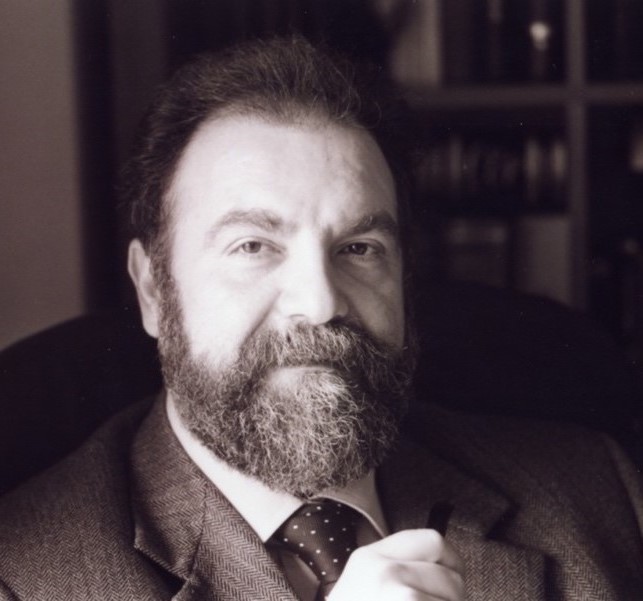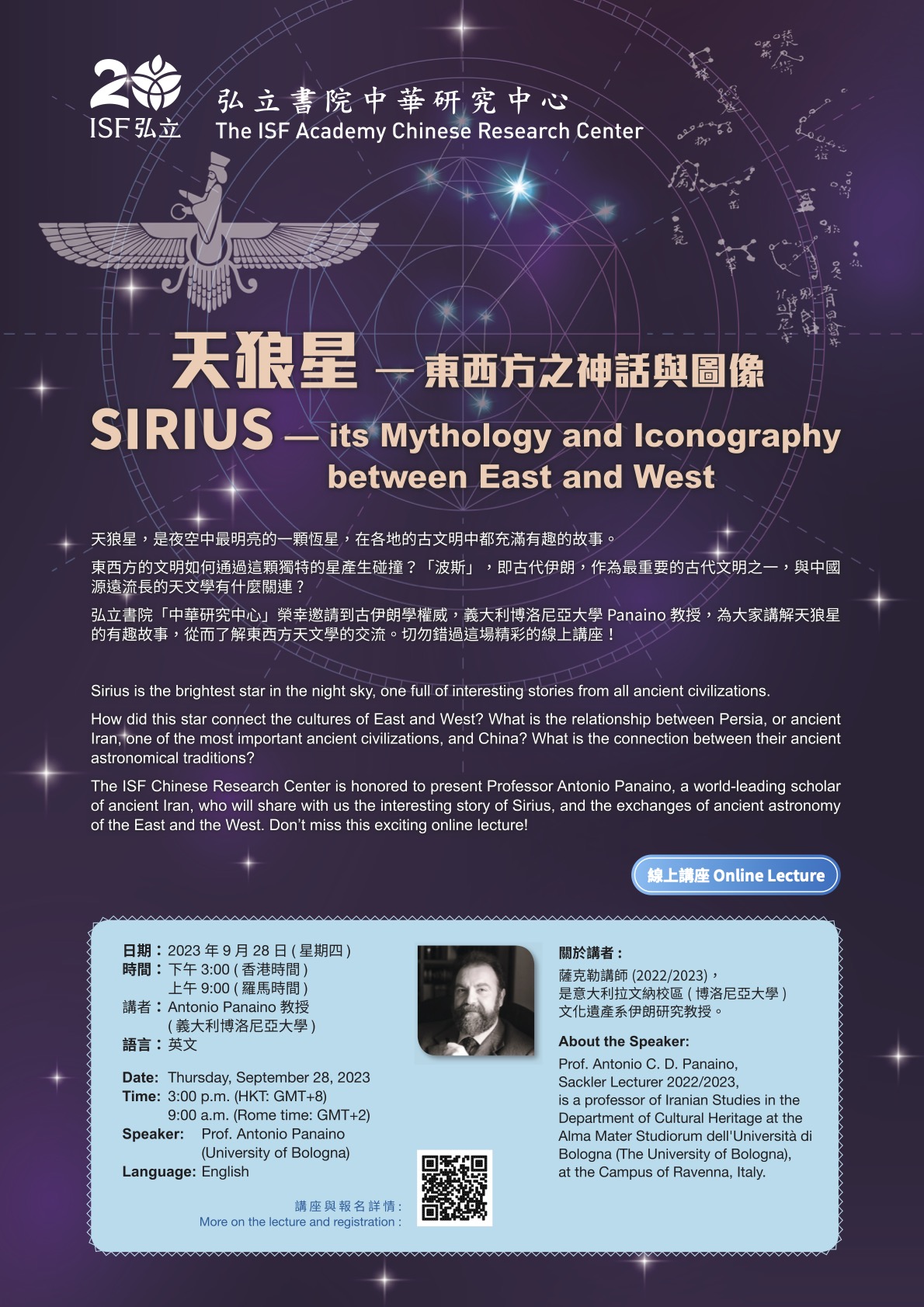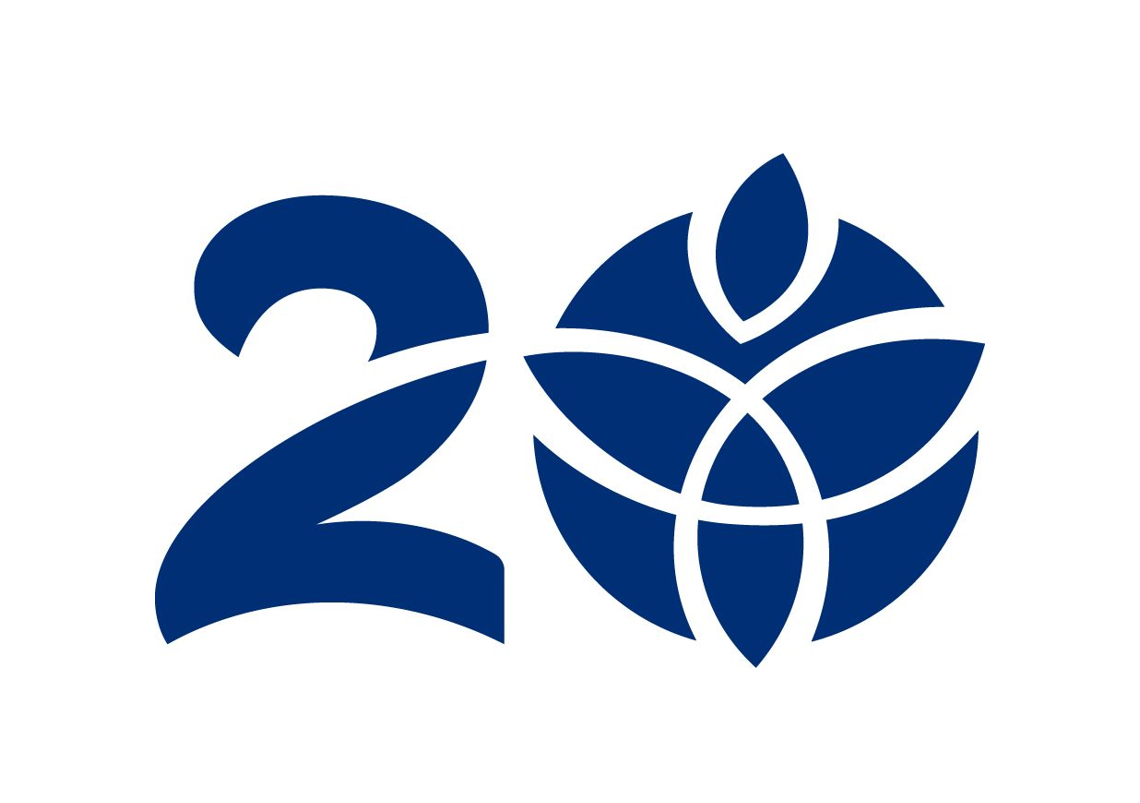
Sirius, its Mythology and Iconography between East and West
Prof. Antonio C. D. Panaino (University of Bologna)
Sirius is the brightest star in the night sky, one full of interesting stories from all ancient civilizations.
How did this star connect the cultures of East and West? What is the relationship between Persia, or ancient Iran, one of the most important ancient civilizations, and China? What is the connection between their ancient astronomical traditions? (More info.)
The ISF Chinese Research Center is honored to present Professor Antonio Panaino, a world-leading scholar of ancient Iran, who will share with us the interesting story of Sirius, and the exchanges of ancient astronomy of the East and the West. Don’t miss this exciting online lecture!
Date:Thursday, September 28, 2023
Time:3:00 p.m., (HKT:GMT+8); 9:00 a.m. (Rome Time:GMT+2)
Speaker:Prof. Antonio Panaino (University of Bologna)
Language:English
Registration:Click here
Link:Sirius, its Mythology and Iconography between East and West
About the Speaker:
Prof. Antonio C. D. Panaino, Sackler Lecturer 2022/2023, is a professor of Iranian Studies in the Department of Cultural Heritage at the Alma Mater Studiorum dell’Università di Bologna (The University of Bologna), at the Campus of Ravenna, Italy. Please click here for more information on his research.
Prof. Panaino (Laurea cum laude at the State University of Milan in 1984 and Ph.D. in Iranian Studies at the Oriental Institute of Naples in 1989) is full professor of “Philology, History and Religions of Iran” at the Alma Mater Studiorum of the University of Bologna. He was the Dean of the former Faculty for the Preservation of the Cultural Heritage at Ravenna Campus of his university and is member of the Department of Cultural Heritage at Ravenna. He was president of the Societas Iranologica Europaea, Director of the Emilia-Romagna branch of the Italian Institute for Africa and the Orient, and founder and Chairman of the “Melammu Project”. Prof. Panaino is presently a member of the Advisor Committee and a consulting editor of the Encyclopædia Iranica, as well as external affiliate of the Pourdavoud Center for the Study of the Iranian World, the University of California, Los Angeles, USA. He was also the director of the Italian Ethnographical and Archaeological Mission in the Republic of Tajikistan in the Yaghnob Valley. In addition, he was a fellow of the Einstein Research Group Chronoi, Freie Universität Berlin – Max Planck Institute, Wissenschaftsgeschichte, Berlin
During his academic career, Prof. Panaino has lectured as guest professor in many European, American and Asian Universities, and has been a member of various Ph.D. and international tenures review committees. He is also affiliated with a large number of prestigious scholarly societies, such as the Association pour l’Avancement des études iraniennes, (Paris, France), the Société Asiatique (Paris, France), L’Accademia delle Scienze dell’Istituto di Bologna (The Academy of Sciences of the Institute of Bologna, Italy), L’Associazione Biblica Italiana (the Biblical Italian Society), the Associazione per lo Studio in Italia dell’Asia Centrale e del Caucaso (the Association for the Study in Italy of Central Asia and the Caucasus), etc. For the originality of his investigations Prof. Panaino was awarded the “Laurea ad honorem” by the New Bulgarian University of Sophia (2011) and the R. et T. Ghirshman prize for Iranian Studies by the French Academy (1998).
Prof. Panaino’s research focuses on Ancient and Middle Iranian linguistics and philology with a special focus on Avestan, Old Persian and Pahlavi. His philological approach has been foundational in the investigation of the ritual and intellectual history of the Zoroastrian religion in its historical development. Prof. Panaino has also dedicated many studies to the intercultural and intellectual dimension of the pre-Islamic Iranian world with particular attention paid for the contacts between Iran and its neighbors, especially with the Indian, Babylonian, Greek and Byzantine worlds. Many of his studies concern the history of sciences and pseudo-sciences in the East and in ancient Iran, with close regard for cosmological and chronological or calendrical problems. He has also dealt with royal ideology and sacred royalty in ancient Iran. He has published more than 20 books, 400 minor publications, of which around 250 articles are in well-known peer-reviewed journals or publishing houses.

